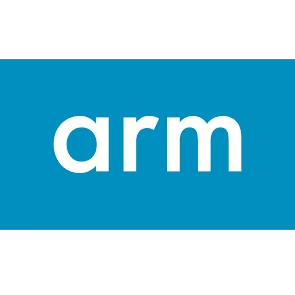ARM's AArch64 Adding Pointer Authentication Support To The Linux 4.21 Kernel

Pointer authentication can be supported by ARMv8.3 hardware and newer to allow for signing and authenticating of pointers against secret keys. The purpose of this pointer authentication is to mitigate ROP attacks and other potential buffer-overrun-style attacks. This ARM64_PTR_AUTH functionality will enable pointer authentication for all user-space processes and the presence of supported hardware is determined at run-time. ARM developers have been working on the plumbing for this Linux kernel support for it the past year.
In the core ARM64 tree ahead of Linux 4.21, it's now queued along with all of the other necessary infrastructure work.
Also for this next kernel on the AArch64 front is support for a 52-bit virtual address space and separately is also memory hot-plugging support.
Add A Comment

